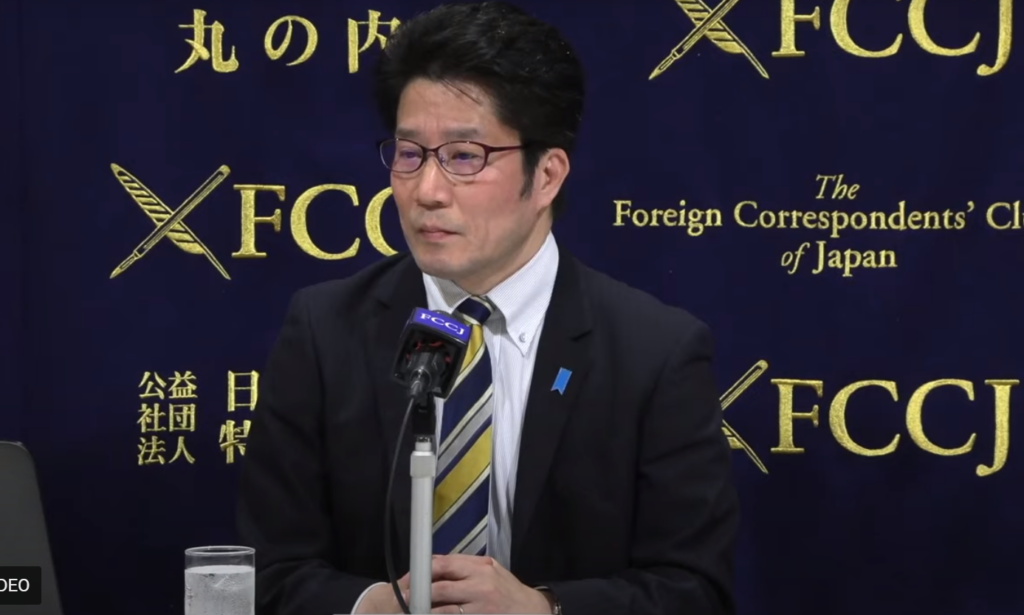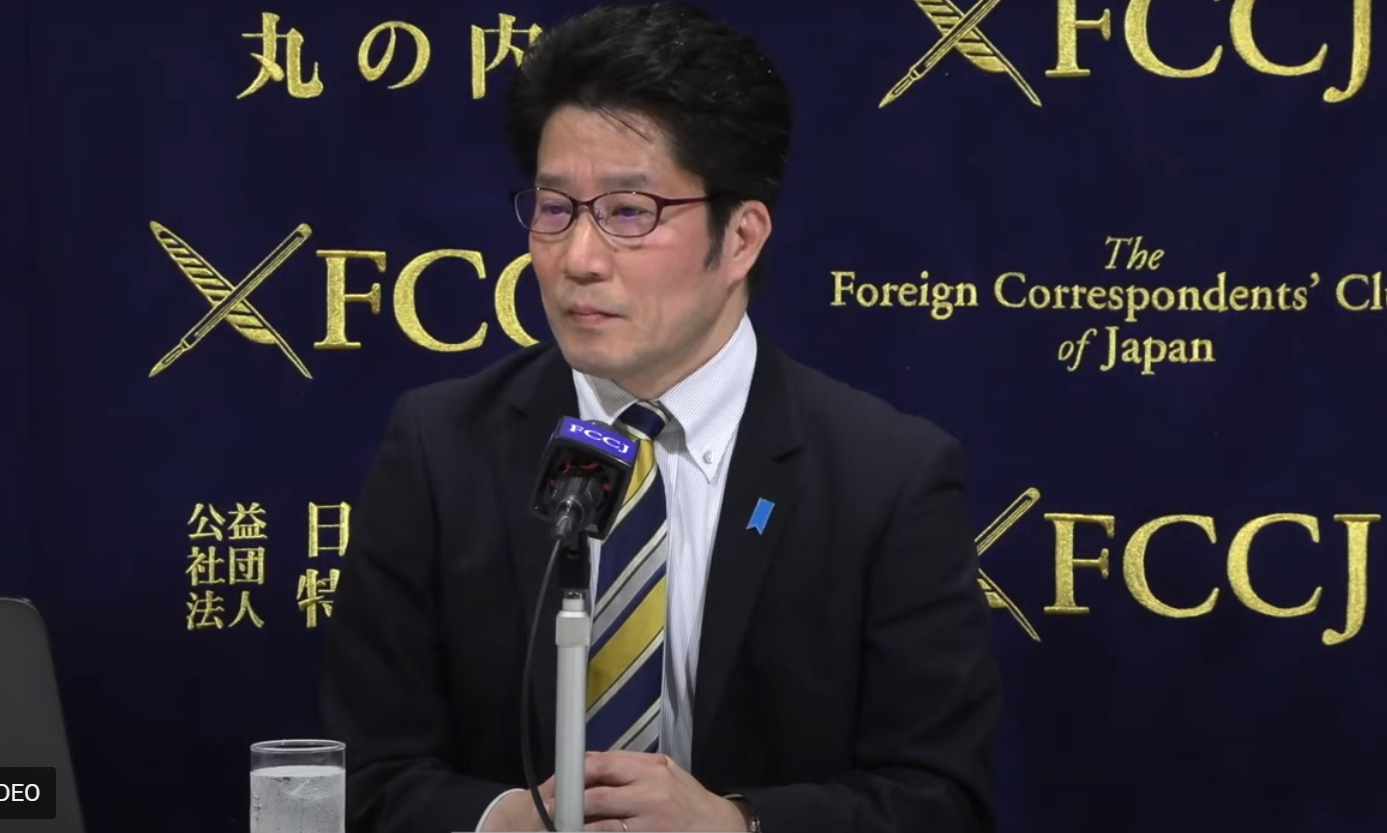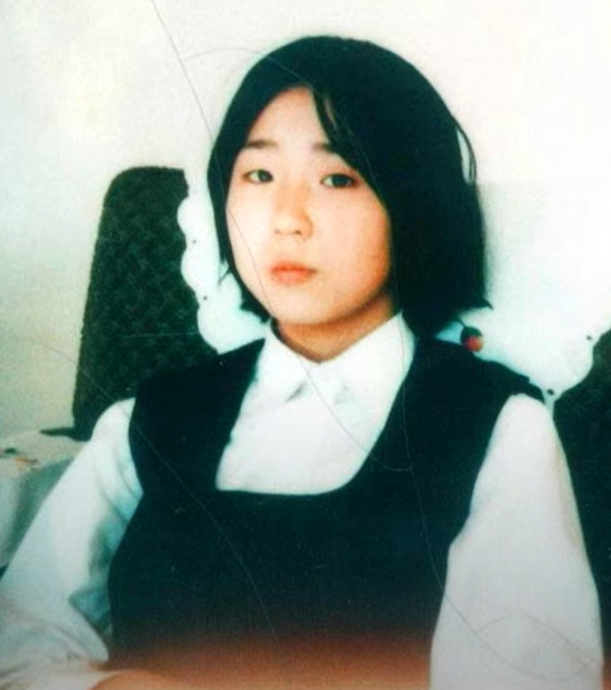
It’s been 46 years since Takuya Yokota last saw his older sister, Megumi. Their family trip to Hiroshima remains his final cherished memory of her, captured in photographs and etched in his heart. Tragically, shortly after that trip, Megumi was abducted by North Korean spies while returning home from school in Niigata Prefecture. She was just 13 years old at the time, likely bewildered by the sudden and inexplicable turn of events.
The story traces back to the 1970s, a time when Japanese citizens began vanishing under perplexing circumstances. Investigations, coupled with later testimony from North Korean defectors, suggested a pattern of abductions orchestrated by North Korea. The first Japan-North Korea summit in 2002 provided an opportune moment for Japan to address the issue of the abducted citizens and push for their immediate release. While this summit marked the first admission of abductions by North Korea, only five individuals were allowed to return to Japan that year. Sadly, Megumi and the remaining 17 were not among them.
Since then, Takuya and his family have tirelessly campaigned for Megumi’s safe return, clinging to the hope of reuniting and making up for lost time. In 1997, they joined forces with other victims’ families in the Association of Families. However, as time marches on, the toll is evident—Megumi’s father, Shigeru, passed away in 2020 and her mother, Sakie, is now 88 years old. With the clock ticking, Takuya implores the Japanese government to act swiftly to bring the hostages home while their parents’ generation can still witness their return.
Golden memories
“Bright and cheerful, like the color yellow,” that’s how Takuya Yokota fondly described his sister, 46 years apart from her, during the FCCJ conference on April 5th. Then, the sharp contrast with an image of her in a white shirt and black vest, with short hair and sorrowful eyes, captured during her abduction in North Korea. “I have never seen my sister with such a sad expression on her face ever,” remarked Takuya, reflecting on the profound sadness etched in her eyes.
At the tender age of 13, Megumi’s future was bright with possibilities. Yet, someone else made the decision for her, stripping away her freedom. Caught in the crosshairs of North Korea’s abduction schemes, which primarily targeted medical workers and young professionals, she became an unwitting victim.
“I wonder what kind of fulfilling life she would have lived if she hadn’t been abducted. How many contributions to society she would have made,” expressed her brother Takuya during the conference.
In 2002, as some hostages were allowed to return home, North Korea responded to the persistent appeals of the Yokota family and others by issuing death certificates for all victims. To silence their voices, they claimed that all hostages had died, with Megumi supposedly taking her own life. The family, however, never believed the North Korean authorities’ claims. Soon after, they were presented with what were purported to be remnants of Megumi’s body, including some bones. Doubting their origin, the Yokota family requested a DNA test, which confirmed their suspicions: the bones did not belong to Megumi. Once again, the North Korean government had been caught in a lie.
Time’s up
The unsettling trend of missing citizens isn’t limited to Japan alone. Thailand, South Korea, Lebanon, and Romania have also reported cases of disappearances linked to North Korea. The true scope of these disappearances remains shrouded in uncertainty, but in Japan alone, suspected cases tied to North Korean operations exceed 800.
At the conference, Takuya Yokota emphasized the need for urgent action from the Japanese government, underlining the pressing nature of the situation. With time slipping away, he voiced optimism that the forthcoming Japan-US summit meeting would reignite focus on the plight of the Japanese hostages.
Takuya echoed these sentiments in episode 8 of the podcast “The Evaporated.” Over time, his family has emerged as a symbol of the ongoing struggle to repatriate Japanese hostages. They’ve tirelessly pursued justice, refusing to let Megumi’s case fade into obscurity, and urging authorities to bring bring her home. As Takuya emphasized, the situation is clear-cut — the perpetrator and victims are unmistakable. There’s no mystery to unravel; the solution lies within reach. All that remains is to take decisive action to bring closure to this long-standing ordeal.
As for Megumi, she is 59 years old today. Wherever she may be, her family holds her memory dear. Though the years may have changed her appearance, in their hearts, she remains the lively 13-year-old girl they all adored — the one who set out for school one day and never returned.

